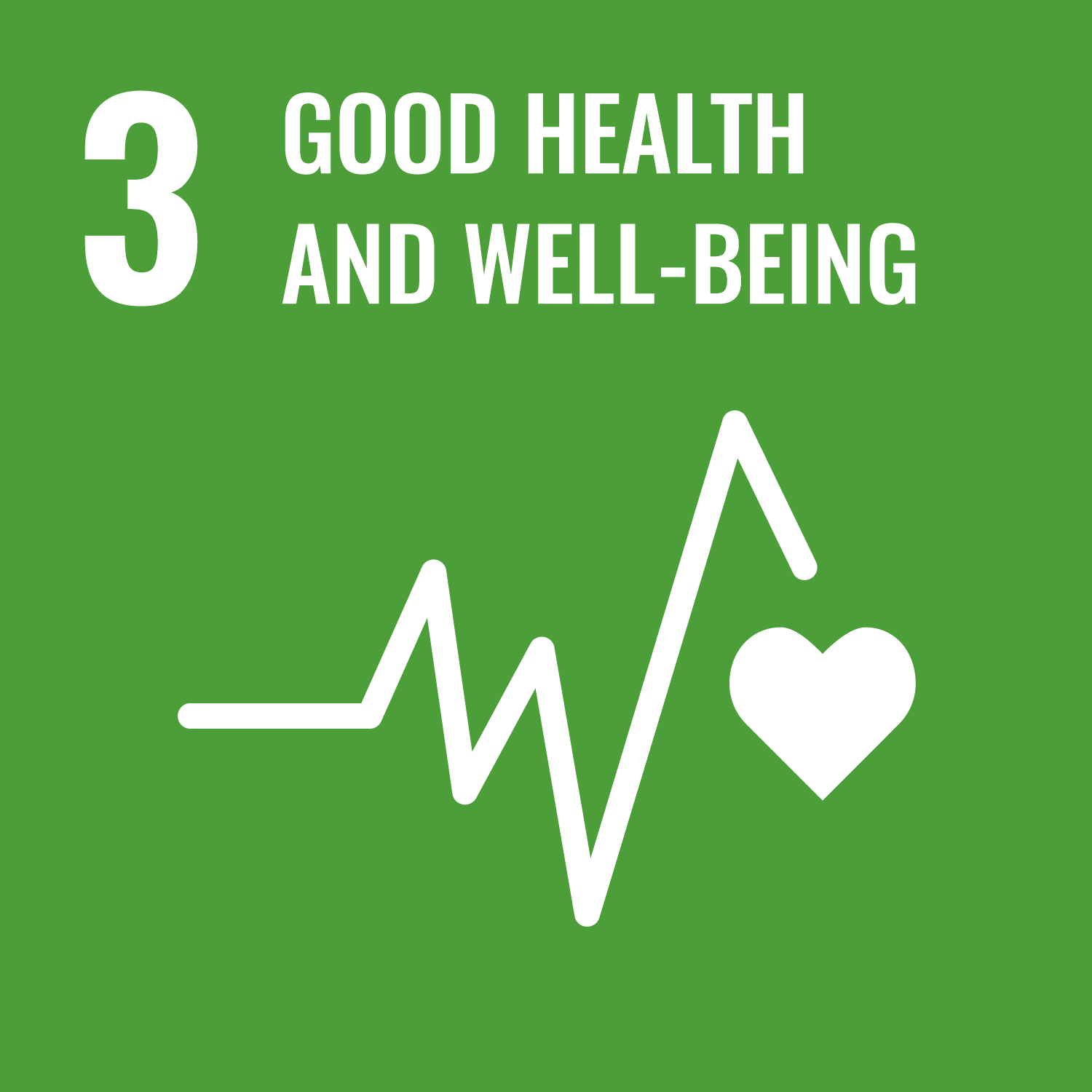SDG Detail
OBSTGYN 716 : Medical Gynaecology 2
Postgraduate courseProject description
Pathophysiology and clinical management of infertility, gynaecological malignancies, family violence, adolescent gynaecology, termination of pregnancy, urogynaecology. The course will cover: - Family Violence & Sexual Assault - Termination of Pregnancy - Infertility - Urogynaecology/Prolapse - Gynaecological Cancers (cervical and vulval) - Gynaecological Cancers (ovarian and endometrial)
Project aims
?
Project outcome
By the end of this course, students will be able to: Demonstrate evidence-based practice and understandings to inform the ability to provide healthcare to pregnant women and their newborn infants, and to women with reproductive health issues including contraception, termination of pregnancy and menstrual disorders at the level of primary care doctor (Capability 1.1 and 2.1) Draw on disciplinary knowledge and approaches to critically analyse services identifying strengths and weaknesses and the impact on women�s reproductive health and newborn infants� health (Capability 2.2) Critically appraise literature in order to practice evidence-based medicine both in clinical and community settings. (Capability 3.1) Identify recommendations based on high quality evidence for improvements in integrated, community-based approaches to women�s reproductive health care and newborn infants� health care (Capability 4.1) Demonstrate the capacity to provide empathetic care with patients who have pregnancy loss, infertility and gynaecological cancers. (Capability 4.2 and 5.1) Demonstrate a capacity for evidence-based decision making, drawing from and building on a professional knowledge base to enhance women�s and newborn infants� health (Capability 5.2 and 6.1) Acknowledge Maori worldviews and the contemporary place of the Treaty of Waitangi (Capability 6.2) Demonstrate personal and professional integrity and a respect for the ethics of reproductive rights. Assessments
Related SDGs
The corresponding sustainable development goals correlated with this project. You you click the icon to link to SDG category description page.









